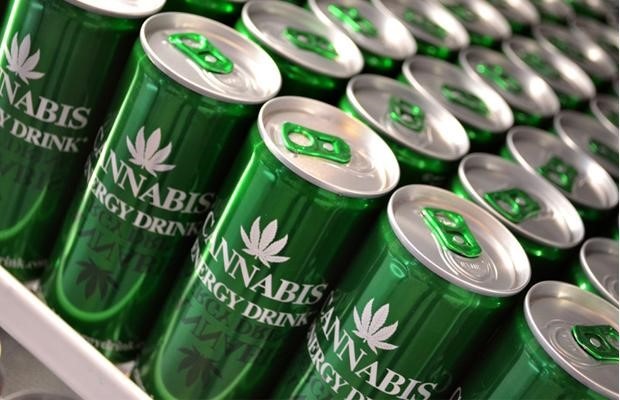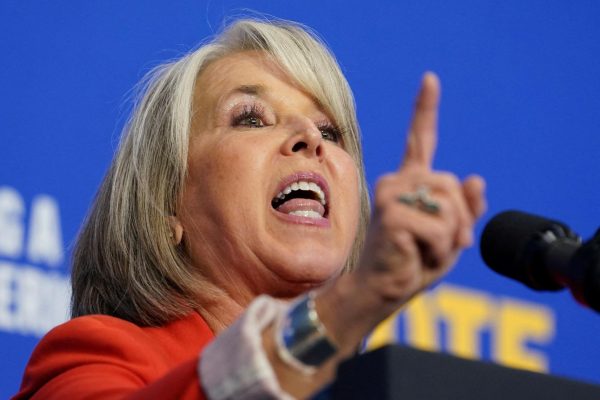Cannabis Industry Becoming Mainstream
Constellation Brands – producer of Corona beer, Svedka Vodka, and Rufino Prosecco – purchased massive stock in a small Canadian cannabis company. The Canopy Growth Corporation was purchased by Constellation for over $4 billion, causing its market cap price to approach $10 billion. Constellation’s stake in Canopy will increase to 38 percent with the option to increase to 50 percent. The Canadian company only sprouted in 2014, but has since amassed an impressive 2.4 million square feet of growing space, equivalent to 64 football fields.
Why is this a big deal? Not only does this deal add legitimacy to recreational and medical usage of marijuana due to the backing of a major enterprise, it also caused the company’s stock value to skyrocket 33 percent in a single day. The research firm Euromonitor estimates the American market for legal marijuana products will reach $20 billion by 2020, up from $5.4 billion in 2015.
The massive hype around the blooming cannabis industry may be due to its effects on the beer industry. As the massive beer brand Coors reports, “The emergence of legal cannabis in certain U.S. states and Canada may result in a shift of discretionary income away from our products or a change in consumer preferences away from beer.” This statement posits that in areas where cannabis is recreationally legal, alcohol sales will dip.
While some states such as California and Arizona have chosen to legalize pot, it is still illegal on the federal level. THC concentrate – a pure form of THC resembling honey – is sold in stores in states where it is legal. Regardless, it is a Schedule I drug. Schedule I drugs have been classified as such because they have high abuse potential, no medical use, and present severe safety concerns. Other Schedule 1 drugs include heroin, LSD, and cocaine.
Unknown to many, one can still be prosecuted for marijuana usage regardless of state law by any federal agent. U.S. Attorney General Jeff Sessions has increased the punishment of marijuana related crimes as of late.
Constellation’s CEO, Robert Sands, while discussing the deal with analysts, said, “As the leader in the total beverage alcohol space, we look forward to reaping the benefits of our cannabis investment, which we see as incremental to our core beer, wine, and spirits portfolio.”
While Canada is legalizing cannabis for recreational use, new border laws prevent Canadians who work in the cannabis industry from crossing the border. For example, a janitor for the Canopy Growth Corporation is viewed by border patrol as “profiting off of the drug trade” and is prevented from entering the U.S. Once banned, Canadian cannabis workers must gain legal waivers from an immigration lawyer if they wish to cross the border. The waivers are valid for one to five years.
A Bureau of International Narcotics and Law Enforcement Affairs press officer for the U.S. State Department said, “Admission requirements into the United States will not change due to Canada’s legalization of cannabis.”
With competing government and business ideas in the U.S. and Canada, new recreational possibilities and tough border restrictions, the future of the cannabis industry is certainly volatile.















